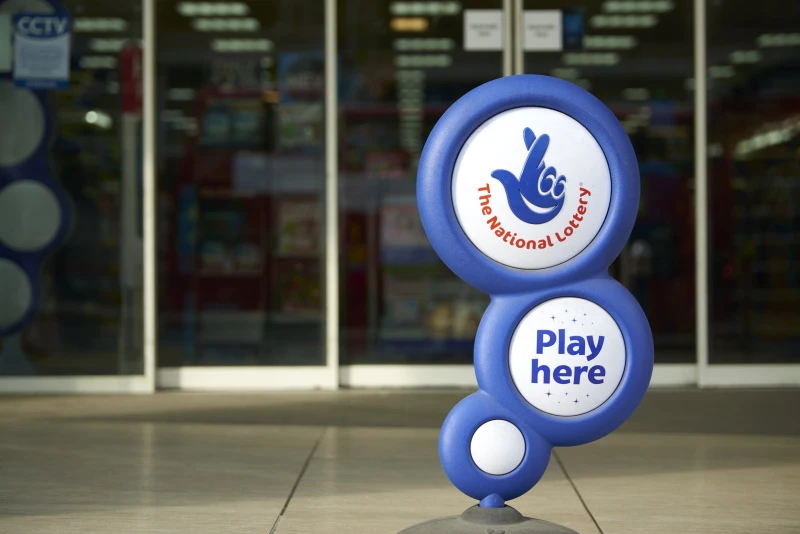Allwyn hands chief security role to Hughes

In the new role, Hughes will lead all areas of security for the National Lottery. Allwyn is due to take over the running of the National Lottery on 1 February 2024.
Hughes, who also becomes a member of the Allwyn executive leadership team, joins from Smart DCC. He has been serving as chief information security officer since September 2022.
Prior to this, Hughes spent 16 years with Vodafone, the majority of which was as UK chief information security officer. He also held security-focused roles at Borders and House of Fraser.
“I’m thrilled to be joining Allwyn and being part of the next chapter in the journey of the National Lottery,” Hughes said. “Working for an organisation that literally makes dreams come true and contributes to good causes is a huge privilege and I can’t wait to get started.”
Hughes added on LinkedIn: “I couldn’t be more proud and excited to be joining an organisation that changes lives in so many fantastic ways.”
Allwyn’s UK CEO Andria Vidler added: “I’m delighted to welcome Mark to our team. Preserving the security of The National Lottery at all times is of critical importance, including as we roll out our ambitious plans for the transformation of The National Lottery so that it becomes more modern, digital and engaging for players.”
Allwyn set for UK National Lottery duties
Hughes joins Allwyn just six shorts weeks before it takes control of the UK National Lottery.
Allwyn saw off competition from several rival bidders to lands the fourth National Lottery licence. The competitive tender process also involved The New Lottery Company – owned by Health Lottery operator Northern and Shell – and Italy’s Sisal, as well as incumbent Camelot.
The previous licence, held by Camelot, was initially set to expire in August 2023, but this was pushed back by six months. Camelot has controlled the National Lottery since its launch in 1994.
The Gambling Commission’s decision to select Allwyn drew criticism from Camelot and IGT, Camelot’s technology provider. Both companies eventually challenged the decision in court.
Camelot issued a legal challenge arguing the Commission was not forthright in its communication. Camelot also said its employees were “owed a proper explanation” as to why its licence was not renewed.
This led to the High Court automatically suspending the licensing choice. However, Camelot in September withdrew its high court challenge, following media reports money for good causes could be at risk in a lengthy court case. This ultimately removed Allwyn’s final obstacle in receiving the licence.
Camelot’s legacy set to live on
While Allwyn will be replacing Camelot, the latter will still have links to the National Lottery. This is through a series of acquisition deals struck by its successor.
The group acquired Camelot UK, current operator of the UK’s National Lottery in February this year. Allwyn also acquired Camelot Lottery Solutions (Camelot LS) earlier in 2023. The US-facing business has since been rebranded as Allwyn North America to reflect the purchase.
Allwyn has already referenced the impact of both acquisitions, saying they helped improve its performance in H1 and Q3.
Earlier this month, Allwyn announced a 98% rise in consolidated total revenue to €2.01bn (£1.74bn/$2.20bn) for Q3. This, it said, was driven by its acquisition of both Camelot UK and Camelot Lottery Solutions Group.
Other stand-out figures from Q3 include consolidated gross gaming revenue rising 98% to €1.92bn. As for geographical performance, the UK is now the core market for Allwyn, with total revenue in the UK in Q3 at €956.5m.
In terms of year-to-date performance. total revenue for the nine months to 30 September reached €5.70bn. This was also up 98% from last year’s €2.88bn.


